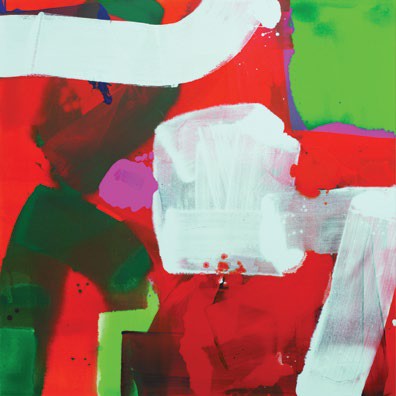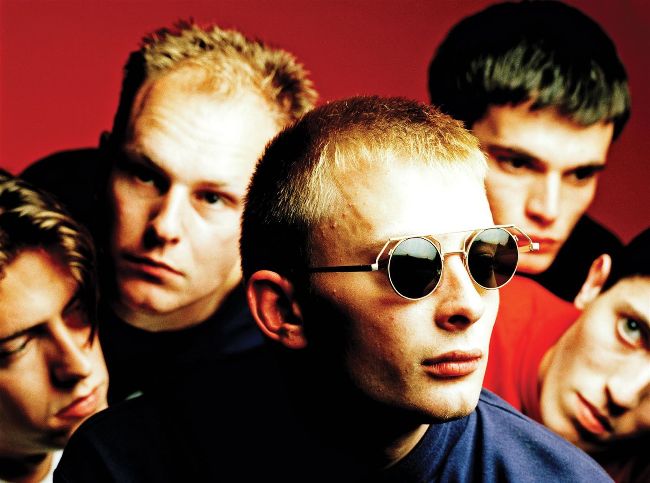THE PROG INTERVIEW
PHILIP SELWAY
Every month we get inside the mind of one of the biggest names in music. This issue it’s Philip Selway. The drummer met his Radiohead bandmates while still at school and has since contributed to and performed on all their albums from Pablo Honey to 2016’s A Moon Shaped Pool, as well as playing a key role in their recent reissues. In 2010, he released his debut solo album, Familial, and has also branched out into soundtrack work for film and ballet. His most recent long-player, Strange Dance, finds him forging new musical partnerships as well as reconnecting with longtime collaborators for 10 ambitious new songs. Prog catches up with the British musician to discuss his solo work and the future of Radiohead.
Words: Rob Hughes
Barely two days into the recording sessions for his new album, Philip Selway sacked the drummer. This would usually indicate a bullish personality, monster ego or someone with impossibly demanding working methods. Probably all three. Except that Selway is none of those things. The drummer he dismissed happened to be himself. As it goes, it’s a pretty good illustration of the 55-year-old’s devotion to the bigger picture. Selway has always been about the communal cause, be it as one fifth of Radiohead, collaborative soundtrack composer or solo artist. As Prog quickly discovers during the course of our interview, the thoughtful and self-effacing Selway – a man who exudes the kind of quiet confidence that presumably comes with being a member of one of the biggest bands on the planet – is primarily concerned with the unexpected thrills of the creative process.

Strange Dance is out now.
Portrait: Phil Sharp
Born in Oxfordshire, Selway first met his future Radiohead bandmates at Abingdon School during the 80s. Prior to their signing to EMI in 1991, he studied English and history at Liverpool Polytechnic and worked for a time as a teacher, as well as playing drums for various touring musicians. Selway had been a budding songwriter in his teens, but decided to direct his energies into the democratic ethos of Radiohead, where writing credits were split equally.

On A Friday, December 1991. The band changed their name to Radiohead soon afterwards.
RUPERT ELVIN/RETNA PICTURES/AVALON
"That very formative stage with King Crimson, Pink Floyd and everything else was still in there. Also, with Radiohead, I guess we’ve kind of drawn on those elements as well at various points – that kind of musical ambition, the scope and the soundscapes."
His drumming style evolved as the band did. Early, rock-ish 90s albums Pablo Honey, The Bends and OK Computer gave way to experimental treasures of 2000’s Kid A, Amnesiac (2001) and The King Of Limbs (2011), with Selway embracing programming and a more nuanced, fluid approach. The only constants were his sure-fire rhythmic feel and his impeccable timing.